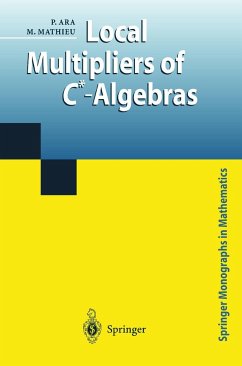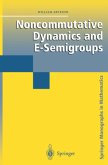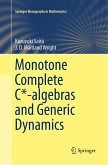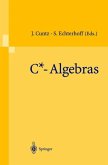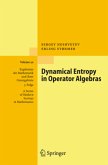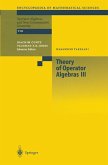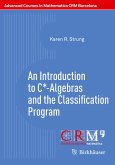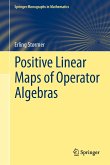The theme of this book is operator theory on C*-algebras. The main novel tool employed is the concept of local multipliers. Originally devised by Elliott and Pedersen in the 1970's in order to study derivations and automorphisms, local multipliers of C*-algebras were developed into a powerful device by the present authors in the 1990's. The book serves two purposes. The first part provides the reader - specialist and advanced graduate student alike - with a thorough introduction to the theory of local multipliers. Only a minimal knowledge of algebra and analysis is required, as the prerequisites in both non-commutative ring theory and basic C*-algebra theory are presented in the first chapter. In the second part, local multipliers are used to obtain a wealth of information on various classes of operators on C*-algebras, including (groups of) automorphisms, derivations, elementary operators, Lie isomorphisms and Lie derivations, as well as others. Many of the results appear in print for the first time. The authors have made an effort to avoid intricate technicalities thus some of the results are not pushed to their utmost generality. Several open problems are discussed, and hints for further developments are given.
Many problems in operator theory lead to the consideration ofoperator equa tions, either directly or via some reformulation. More often than not, how ever, the underlying space is too 'small' to contain solutions of these equa tions and thus it has to be 'enlarged' in some way. The Berberian-Quigley enlargement of a Banach space, which allows one to convert approximate into genuine eigenvectors, serves as a classical example. In the theory of operator algebras, a C_-algebra A that turns out to be small in this sense tradition ally is enlarged to its (universal) enveloping von Neumann algebra A". This works well since von Neumann algebras are in many respects richer and, from the Banach space point of view, A" is nothing other than the second dual space of A. Among the numerous fruitful applications of this principle is the well-known Kadison-Sakai theorem ensuring that every derivation 8 on a C_-algebra A becomes inner in A", though 8 may not be inner in A. The transition from A to A" however is not an algebraic one (and cannot be since it is well known that the property of being a von Neumann algebra cannot be described purely algebraically). Hence, ifthe C_-algebra A is small in an algebraic sense, say simple, it may be inappropriate to move on to A". In such a situation, A is typically enlarged by its multiplier algebra M(A).
Many problems in operator theory lead to the consideration ofoperator equa tions, either directly or via some reformulation. More often than not, how ever, the underlying space is too 'small' to contain solutions of these equa tions and thus it has to be 'enlarged' in some way. The Berberian-Quigley enlargement of a Banach space, which allows one to convert approximate into genuine eigenvectors, serves as a classical example. In the theory of operator algebras, a C_-algebra A that turns out to be small in this sense tradition ally is enlarged to its (universal) enveloping von Neumann algebra A". This works well since von Neumann algebras are in many respects richer and, from the Banach space point of view, A" is nothing other than the second dual space of A. Among the numerous fruitful applications of this principle is the well-known Kadison-Sakai theorem ensuring that every derivation 8 on a C_-algebra A becomes inner in A", though 8 may not be inner in A. The transition from A to A" however is not an algebraic one (and cannot be since it is well known that the property of being a von Neumann algebra cannot be described purely algebraically). Hence, ifthe C_-algebra A is small in an algebraic sense, say simple, it may be inappropriate to move on to A". In such a situation, A is typically enlarged by its multiplier algebra M(A).

